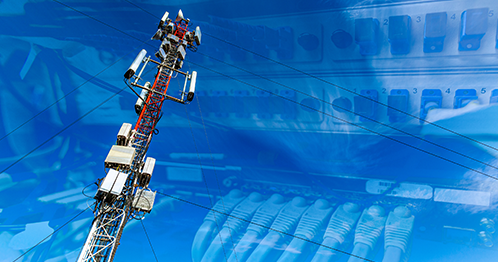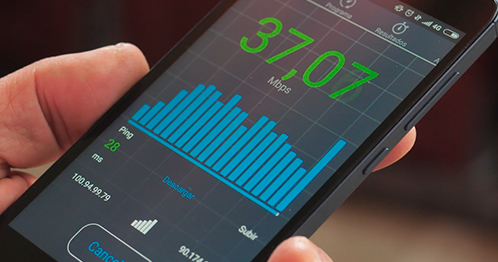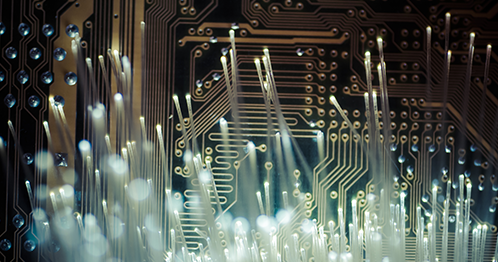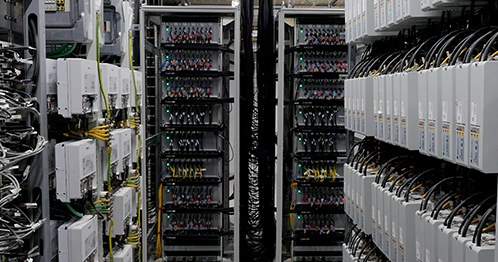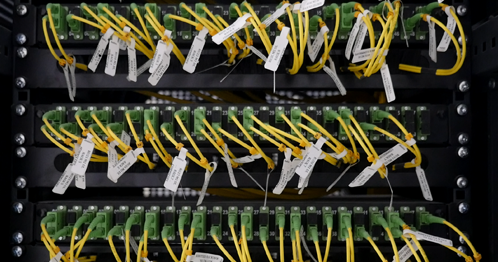
Vuoi parlare?
Queste scorciatoie potrebbero aiutarti:

Your country and language
ItalyItaliano











 Seleziona il tuo paese
Seleziona il tuo paese













 Select your language
Select your language


 Select your language
Select your language


 Select your language
Select your language


 Select your language
Select your language


 Select your language
Select your language




 Accesso alle nostre intranet
Accesso alle nostre intranet

Vuoi parlare?
Queste scorciatoie potrebbero aiutarti:

Inicio | Tecnologia | Fibra


La fibra ottica garantisce capacità illimitata e risponde alle esigenze del mercato e ai piani di crescita.
La connettività è la capacità di collegare e far comunicare persone o oggetti attraverso reti, utilizzando un mezzo fisico, cablato o wireless, per trasportare dati da un punto all’altro.
Oggi, la connettività wired e wireless possono complementarsi in termini di costo e prestazioni. Gli standard wireless sono sempre più diffusi, spaziando dal Wi-Fi e dalle reti mobili fino ai collegamenti in microonde con capacità punto-punto ad alta velocità. Nel settore cablato, la fibra ottica rappresenta la forma di connettività più potente.
La connettività è la capacità di collegare e far comunicare persone o oggetti attraverso reti, utilizzando un mezzo fisico, cablato o wireless, per trasportare dati da un punto all’altro.
Oggi, la connettività wired e wireless possono complementarsi in termini di costo e prestazioni. Gli standard wireless sono sempre più diffusi, spaziando dal Wi-Fi e dalle reti mobili fino ai collegamenti in microonde con capacità punto-punto ad alta velocità. Nel settore cablato, la fibra ottica rappresenta la forma di connettività più potente.
Cellnex è neutrale, trasparente e offre un prodotto standardizzato, consentendone l’accesso a tutti.
La fibra ottica garantisce capacità illimitata e risposta alle esigenze del mercato e ai piani di crescita.
Progettato per soddisfare le esigenze attuali e future del cliente. La topologia può includere ridondanze migliorate, consentendo un’elevata disponibilità.
Rete implementata con una nuova infrastruttura di trincea che garantisce un indice di sicurezza più elevato rispetto alle infrastrutture aeree, realizzata con nuovi materiali e secondo gli ultimi standard di distribuzione della fibra ottica.
I cavi possono essere monitorati con fibre di protezione per proteggerli da manipolazioni esterne e integrare la rete fisica nei Sistemi Informativi Geografici (GIS), consentendo il controllo delle risorse.
Cellnex è neutrale, trasparente e offre un prodotto standardizzato, consentendone l’accesso a tutti.
La fibra ottica garantisce capacità illimitata e risposta alle esigenze del mercato e ai piani di crescita.
Progettato per soddisfare le esigenze attuali e future del cliente. La topologia può includere ridondanze migliorate, consentendo un’elevata disponibilità.
Rete implementata con una nuova infrastruttura di trincea che garantisce un indice di sicurezza più elevato rispetto alle infrastrutture aeree, realizzata con nuovi materiali e secondo gli ultimi standard di distribuzione della fibra ottica.
I cavi possono essere monitorati con fibre di protezione per proteggerli da manipolazioni esterne e integrare la rete fisica nei Sistemi Informativi Geografici (GIS), consentendo il controllo delle risorse.

RC Celta improves connectivity at Abanca Balaídos stadium with Cellnex

Metro di Napoli - linea 1 connessione mobile 5G ready in 7 stazioni
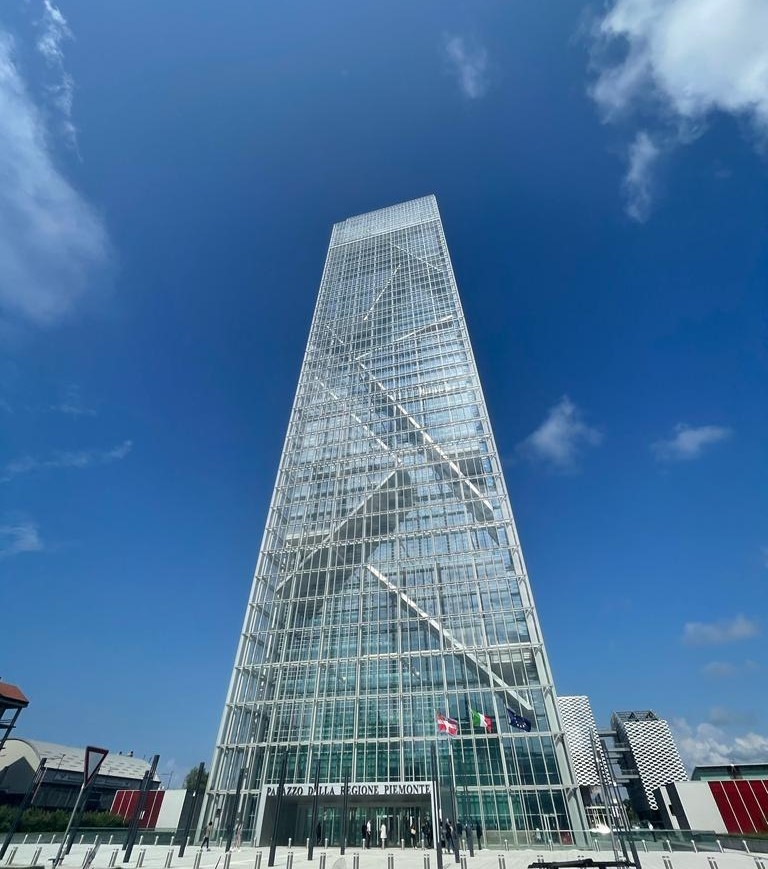
Grattacielo Piemonte: Connessioni 5G assicurate grazie a Cellnex Italia

Aena and Cellnex bring 5G technology to San Sebastian airport
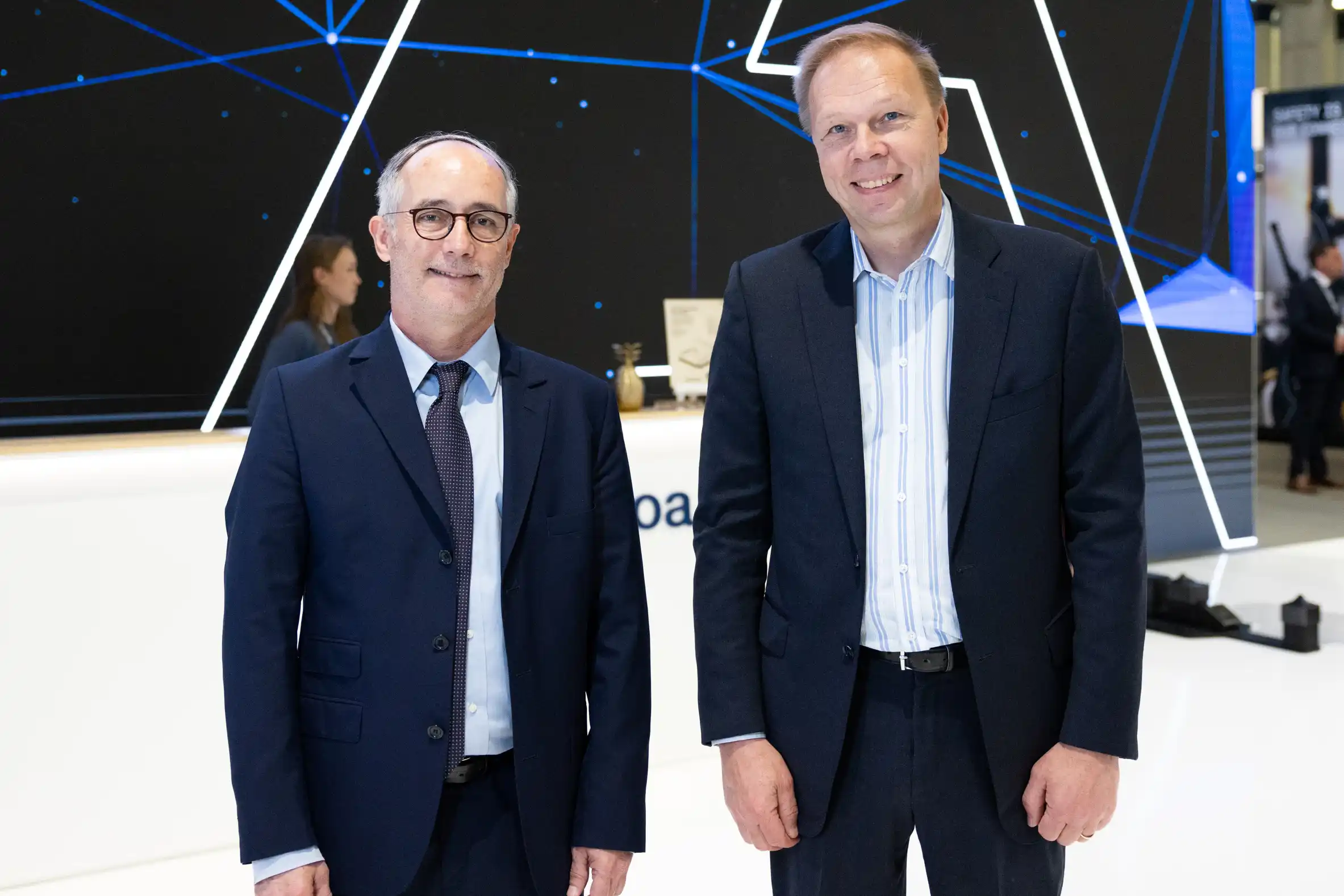
Airbus and Cellnex strengthen partnership for mission-critical communications
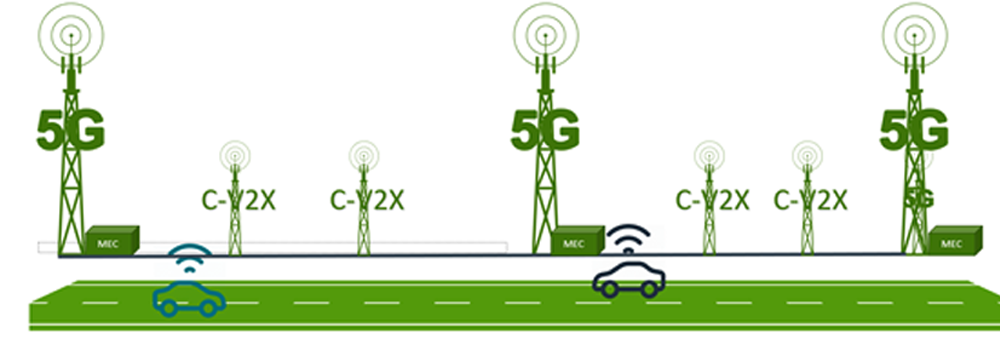
CRETA, an innovative project to promote sustainable mobility and reduce traffic emissions
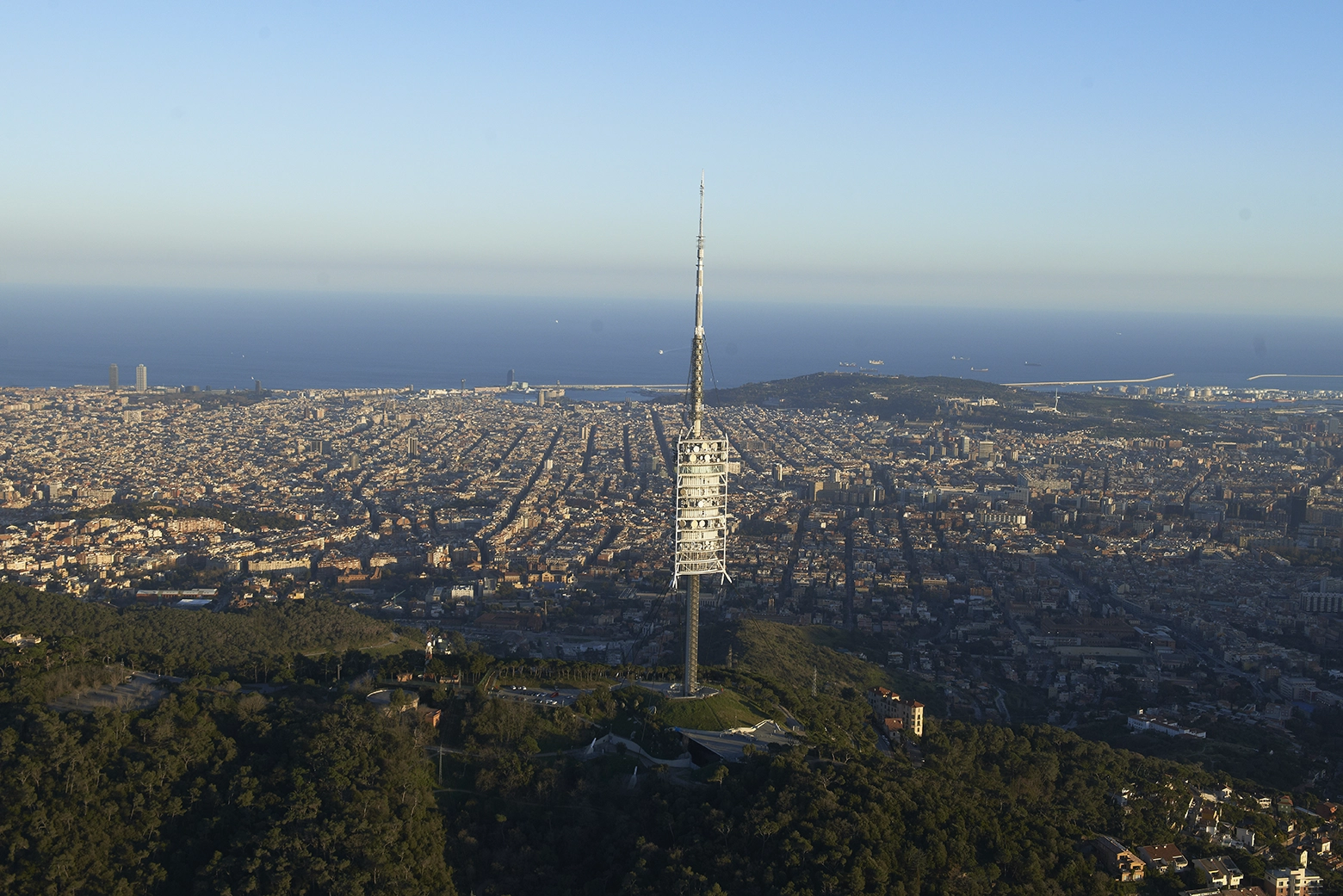
Vapor IO expands its edge computing grid to Europe through a partnership with Cellnex

Real Betis and Cellnex join forces to revolutionise the stadium 'fan experience' via mobile
¡Thanks for subscribing!
¡You have successfully subscribed!.
Thank you for your interest.
Within a few moments you will receive an email with a link to the whitepaper/brochure..
¡Thanks for the confidence!
We have correctly received your request.


